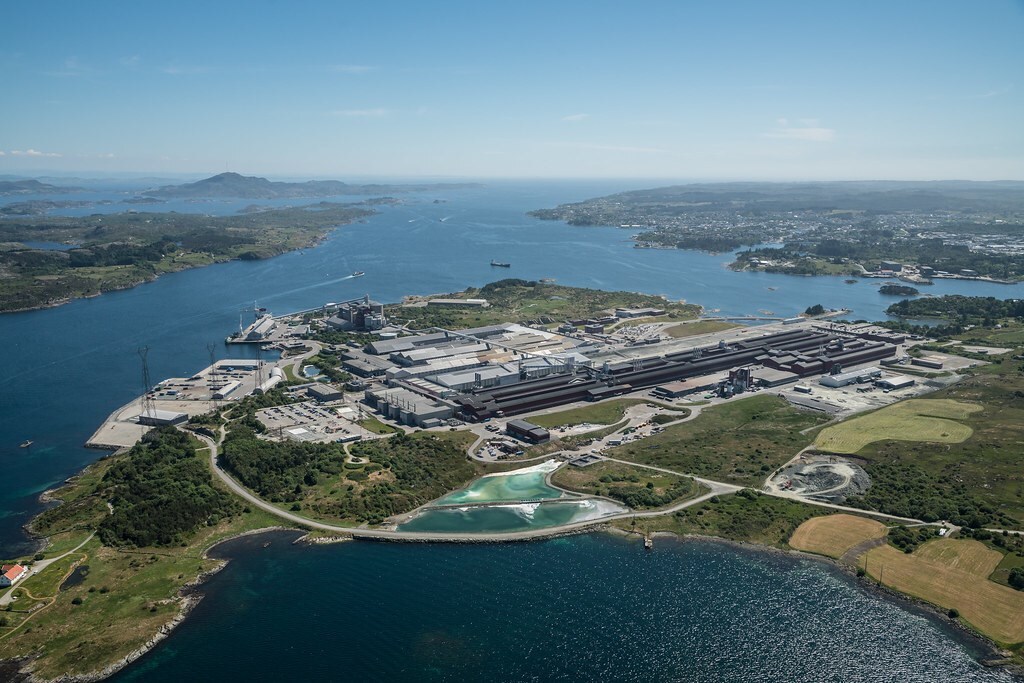您想继续阅读英文文章还
是切换到中文?
是切换到中文?

THINK ALUMINIUM THINK AL CIRCLE

The leading Norwegian aluminium producer, Norsk Hydro, has experienced mixed fortunes in its key markets amid global political tensions. With the growing trade barriers, the industrial activity of some of its segments has slowed. It has reshaped demand patterns for obvious reasons. However, the growth in products linked to Europe’s energy transition has been a source of consistent profit for the company.

Explore- Most accurate data to drive business decisions with 50+ reports across the value chain
Market volatility drives the company to focus on cost-saving measures
In its third quarter results, Norsk Hydro has described the current market conditions as “demanding”, which is in a way responsible for the weaker consumption. Coupled with the geopolitical tensions and tariff disputes, the company has dealt with the demand volatility in several sectors. However, to keep up amidst the turbulence, Hydro has significantly introduced cost-saving measures and focused on innovative products.
One of the potential profit points of Hydro at present is the wire rod division, which manufactures aluminium wire for power cables and electricity networks. According to Elise Must, Head of Wire Rod Sales, this segment has seen a rapid demand surge with European nations extending investment in renewable and grid infrastructure. She has stated, “Our demand is increasing rapidly as a result of Europe's great need to invest in critical infrastructure that ensures stable access to energy on the continent. We estimate seven per cent annual growth in this market until 2030.”
Strategic investment in Karmoy
To accommodate the demand surge, Hydro has committed NOK 1.65 billion (USD 150 million approx) to set up a new foundry at Karmøy. It is the largest domestic investment in a decade. The facility is going to be operational from 2028, and will exclusively supply aluminium wire to the European grid operators and energy firms who are also seeking locally sourced raw materials for cost-cutting.
Tariffs weigh on the automotive sector
Despite this positive momentum, Hydro continues to face volatility in the automotive supply business. While it supplies aluminium components to the major European car makers, including Mercedes-Benz, the US’s recent tariff imposition of 15 per cent on European vehicle imports has indirectly affected Hydro’s automotive supply chain.
The company faces two contrasting market realities, where wire rod sales are constantly on the rise and the automotive supplies are under pressure, forcing the company to adapt its strategy and strengthen its resilience.
Future outlook
While a challenging global premise affects many leading industrial manufacturers, Hydro’s capability to direct its focus strategically towards renewable energy keeps its resilience in the coming years. As Europe is significantly making moves to gain energy independence, locally produced aluminium is going to be a vital component behind its success.
Must read: Key industry individuals share their thoughts on the hottest topics
Responses








